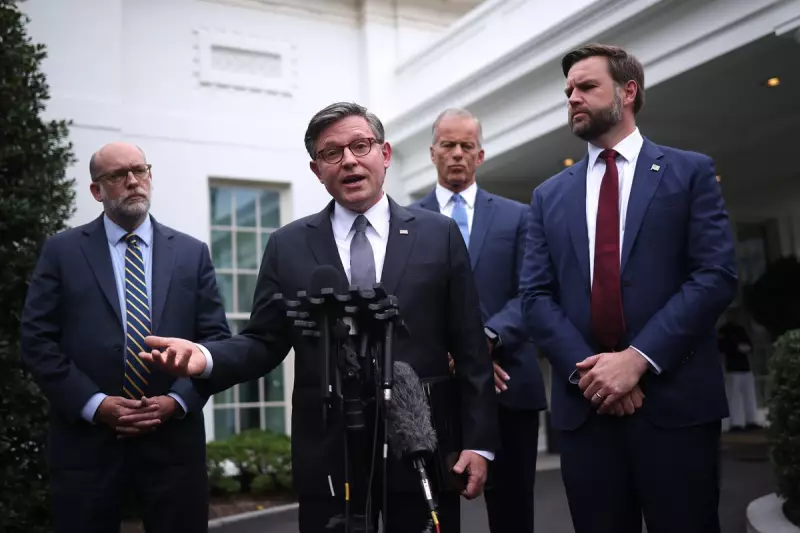
In a dramatic escalation of political tensions, Donald Trump and his newly appointed vice-presidential candidate JD Vance are actively encouraging Republican lawmakers to force a government shutdown this October, unless deep spending cuts are implemented.
The Shutdown Strategy
According to sources familiar with the matter, the former president and his conservative allies are preparing for a major confrontation over federal spending. The potential shutdown, which could occur shortly before the November elections, represents a high-stakes political gamble that would bring government operations to a halt.
Vance's Influential Role
JD Vance, the Ohio senator and author who has become one of Trump's closest political advisors, is reportedly at the forefront of this aggressive strategy. Since joining the ticket, Vance has emerged as a key architect of what insiders describe as a "take-no-prisoners" approach to budget negotiations.
Political Calculations
The timing of this potential shutdown is particularly significant, falling just weeks before American voters head to the polls. This move appears designed to force Democrats into accepting substantial reductions in government spending while demonstrating Republican resolve to their conservative base.
Political analysts suggest this strategy carries considerable risks for both parties. A government shutdown could disrupt essential services, affect federal workers' pay, and create significant economic uncertainty during an already volatile election season.
Historical Context
Government shutdowns have become increasingly common in recent American politics, often serving as flashpoints for broader ideological battles over the size and scope of federal government. However, orchestrating such a confrontation so close to a presidential election represents an unusually bold political manoeuvre.
The coming weeks will reveal whether Republican leadership in Congress will embrace this aggressive stance or seek compromise to avoid the economic and political consequences of a full government shutdown.






